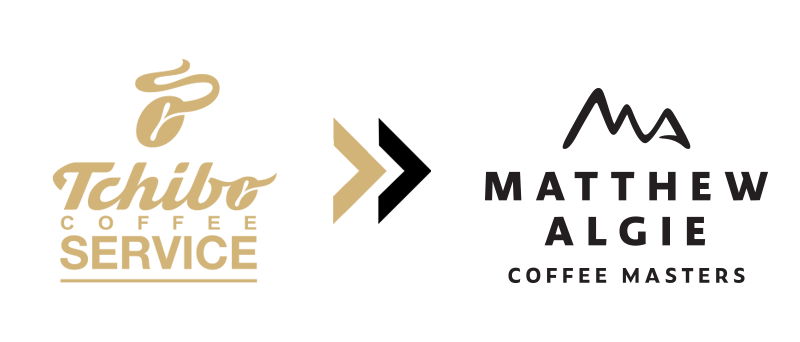Creating Equitable ways of trading for small-scale farmers.
February 10th, 2022 | Sourcing & Sustainability
Most of the world’s coffee is grown on small-holdings. In much of east Africa these are often tiny plots of land where coffee production is measured by the number of trees rather than the area of the land itself as coffee is intercropped with food crops for the household. In Latin America you will find smallholdings of around 2-3 hectares for instance in Peru. Land area creates a finite potential for income in traditional models and in downstream commodity supply chain coffee value for farmers often starts and ends at the farm gate as freshly picked coffee cherry or part processed coffee is sold to middlemen.
In the face of these limitations creating economies of scale through organising at community level has been key to driving a sustainable future for coffee. Every cup of Fairtrade coffee has been sourced from a community farming co-operative; these organisations play a key role in empowering their own smallholder members to build local solutions to adapt to the climate crisis. A premium of $0.20 for every pound of green coffee sold under Fairtrade contracts is ringfenced for community projects; increasingly these are looking to support farmers with climate adaptation; from persevering soil moisture and smart tree planting to prevent soil erosion and provide shade. This premium is in addition to the Fairtrade minimum price which provides a minimum floor to protect from volatility in the coffee market.
Fairtrade has always been about creating equitable ways of trading, the clue is in the name so to speak and it’s about the long game. We have had the honour of sourcing from several of our coffee farming partners for more than 20-years and in our own small way being part of their community development journey through our trade.
We first traded with Cecovasa in Peru way back when we launched our Tiki blend in 1997, and they have been a key partner for us over the last 25-years of our own Fairtrade journey. Every single bean from the dozens of 19 tonne containers of green coffee we have bought from Cecovasa has been bought under Fairtrade contract terms and so benefitted from Fairtrade minimum pricing and the Fairtrade Premium. Located in the neighbouring village to our other south Peru partners San Juan del Oro, Cecovasa have continued to make the cases for sustainable coffee in the face of climate change and the local pressures for coca leaf production. Fairtrade contracts have been key to creating local economic conditions that allow for investment in climate adaptation strategies and improving quality putting the region firmly on the map for speciality lots to drive income.
Likewise, our relationship with Capucas in Honduras stretches back to the early 00’s and really strengthened over the last 15-years has they have become our main partner in that country. Every year we agree forward contracts with Omar Rodriguez the general manager at Capucas, these commitments in turn allow for credit lines locally to finance sustainable agricultural inputs organic production in most of their farms; sustainable trade and sustainable coffee growing are always intertwined. Capucas continue to innovate, from vermiculture (worms to you and I) used to sustainably break down waste coffee cherry for fertilizer to shade tree programmes, the co-op continues to invest in best practice to make their community climate resilient.
For us at Matthew Algie, after 25-years Fairtrade continues to be key in underpinning our sustainable coffee trading relationships so we have great tasting coffee now and in the future; as they say in Honduras ‘sin cafe no hay mañana’.
